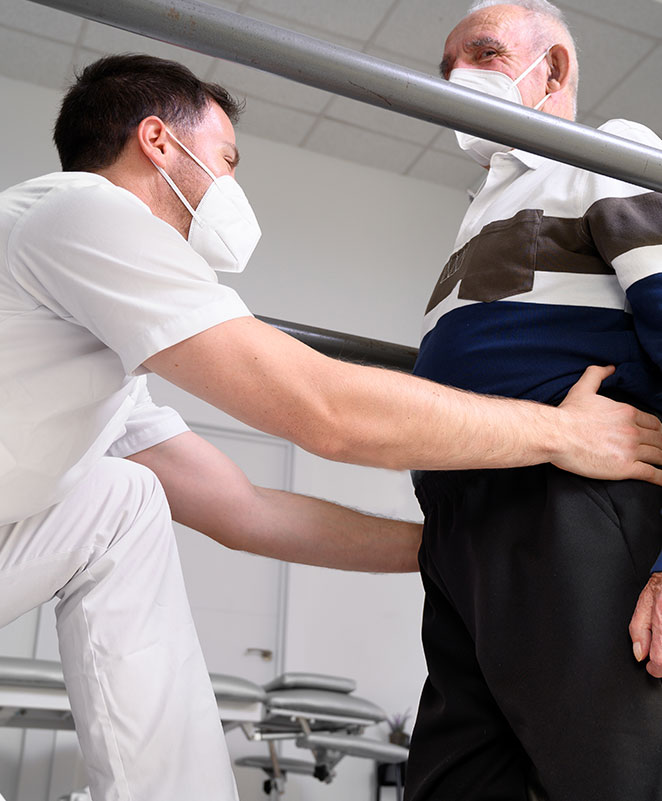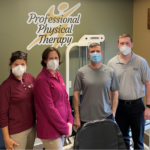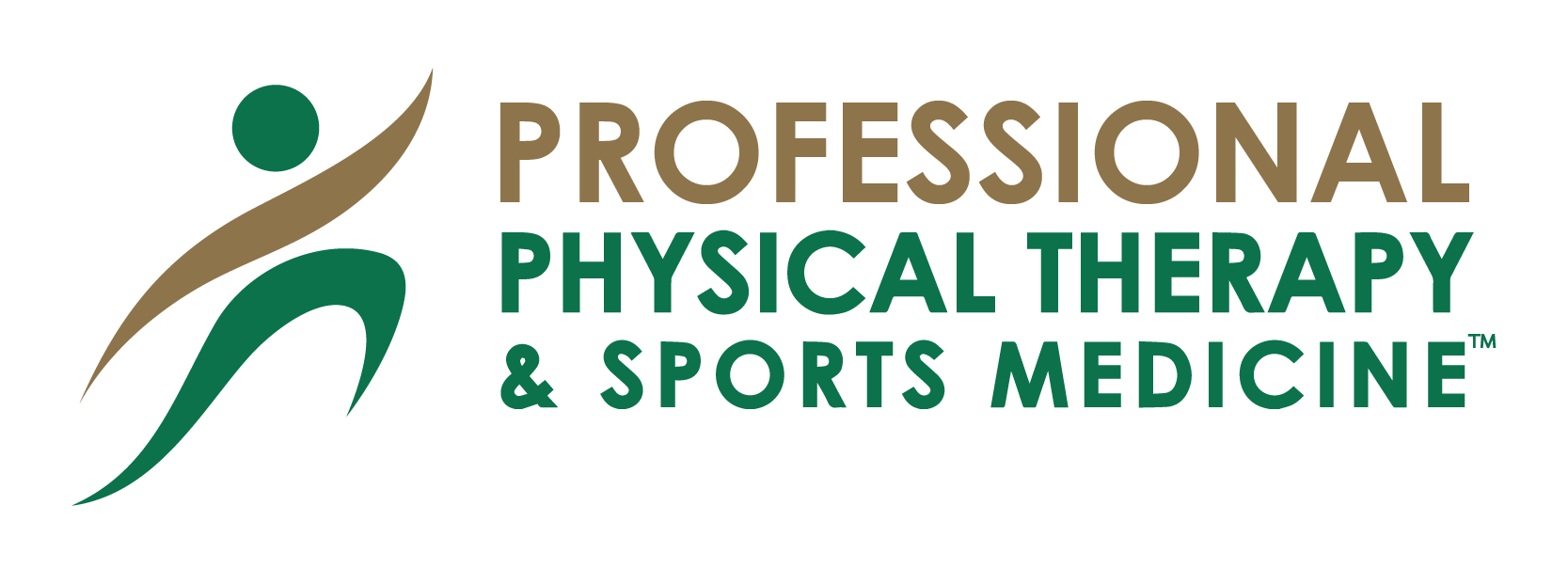We Provide
Vestibular Therapy
in Franklin, MA
At your first appointment, your Physical Therapist will perform a thorough evaluation and develop a personalized rehabilitation treatment program with you that may include Vestibular Therapy.
What is a Balance Disorder?
A balance disorder is a condition that makes you feel unsteady or dizzy. If you are standing, sitting, or lying down, you might feel as if you are moving, spinning, or floating. If you are walking, you might suddenly feel as if you are tipping over.
Everyone has a dizzy spell now and then, but the term “dizziness” can mean different things to different people. For one person, dizziness might mean a fleeting feeling of faintness, while for another it could be an intense sensation of spinning (vertigo) that lasts a long time.

Experts believe that more than four out of 10 Americans, sometime in their lives, will experience an episode of dizziness significant enough to send them to a doctor. Balance disorders can be caused by certain health conditions, medications, or a problem in the inner ear or the brain. A balance disorder can profoundly impact daily activities and cause psychological and emotional hardship.
What are the symptoms of a Balance Disorder?
If you have a balance disorder, you may stagger when you try to walk, or teeter or fall when you try to stand up. You might experience other symptoms such as:
- Dizziness or vertigo (a spinning sensation)
- Falling or feeling as if you are going to fall
- Blurred vision
- Confusion or disorientation
- Lightheadedness, faintness, or a floating sensation
Other symptoms might include nausea and vomiting, changes in heart rate and blood pressure, and fear, anxiety, or panic.
Our Specialty
Common Diagnoses We Work With Include:
- Central Nervous System Disorders
- Neuropathy
- Age-Related Balance Dysfunction
- Oculomotor (Visual) Dysfunction
- Benign Paroxysmal Positional Vertigo (BPPV)
- Labyrinthitis
- Ménière’s Disease
- Vestibular Neuronitis
- Muscle Atrophy
- Nerve Injuries
How Our Physical Therapists Can Help
Physical therapist-directed treatment can assist patients with balance disorders in a number of ways. As experts in the evaluation and treatment of movement, muscle, joint, and nervous system disorders, our physical therapists can prescribe and implement a variety of treatments including:
- Coordination Exercises
- Proprioception Exercises
- Strengthening Exercises
- Stretching and Range of Motion Exercises
- Posture Exercises
- Retraining of the Inner Ear
- Visual Tracking Training
Education is Therapy
The most important part of treating a balance disorder is understanding your diagnosis, the cause of the problem, and how to manage it. That’s why we place great emphasis on patient education and coordination of care with your referring physician.
Three Additional and Important Treatment Options:
Reduce Fall Risk
Your physical therapist will assess problem footwear and hazards in your home that increase your risk of balance problems or falling. Household hazards include loose rugs, poor lighting, unrestrained pets, or other possible obstacles.
Reduce Fear of Falling
By addressing specific problems that are found during the examination, your physical therapist will help you regain confidence in your balance and your ability to move freely, and perform daily activities. As you build confidence in your balance and physical ability, you will be better able to enjoy your normal daily activities.
Care Collaboration
Working in collaboration with your medical doctor, allows you to get two expert opinions and assessments of your condition. Together, we can better address your balance disorders and decrease your fear of falling and fall risks.
Positional Vertigo – A Common Cause of Dizziness & Balance Disorders
If you have BPPV (benign paroxysmal positional vertigo), our vestibular therapy experts can perform a series of simple movements, such as the Epley maneuver, which can help dislodge the otoconia (calcium crystals) from the semicircular canal of the ear. In many cases, one session works; other people need the procedure several times to relieve their dizziness.
What Is the First Step?
Start By Scheduling an Evaluation Appointment.
Don't Wait - Get Started Right Now!
Clinical research shows that the sooner you get started with active rehabilitation, the less likely you will need unnecessary tests, medications, or surgery.
Call Us Today at (508) 528-6100
At your evaluation appointment, you will meet with a physical therapist who will perform a thorough evaluation that includes:
- A review of your health history and your specific symptoms.
- A thorough examination that includes assessing the quality and quantity of your movements, and any factors that might put you at risk for delayed recovery or might indicate a serious health problem.
- Assessment of how you use your body at work, at home, during sports, and at leisure.
- Determination of the diagnosis and impairments that are causing your pain and establishment of a treatment plan of care.
Reviews
What Our Clients Say
The physical therapists here have been outstanding in getting me back to 100% – in fact even better than 100%! came to ProPT after knee surgery. When I first started PT I had very limited range of motion and poor flexibility. The physical therapists here have been outstanding in getting me back to 100% – in fact even better than 100%! I am back to a full stretching and running routine and have even picked up some additional positive habits from the team here at ProPT! I rate my experience an A+ from start to finish. Thank you! All of the staff is polite and knowledgeable and always provides the reasons for the exercises we are doing
